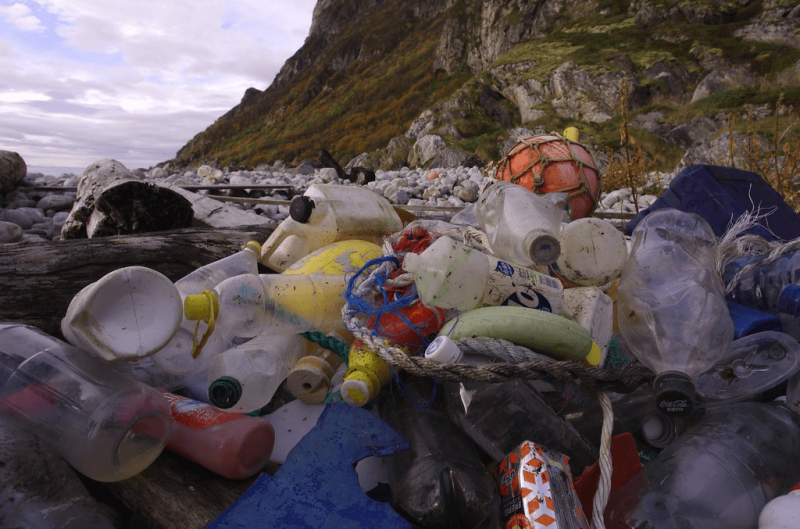“Recycling is basically a myth. Nothing really gets recycled—it ends up in the landfills and oceans and leads to toxic gases being released,” said Sukanya Punthambaker, one of the project’s lead researchers and a postdoctoral fellow studying synthetic biology in [George] Church’s lab. “Several hundred million tons of plastic are generated each year, and it’s not going to go anywhere…in our lifetimes unless we develop a strong intervention.”
The search for plastic-metabolizing microbes spanned ponds, landfills, waste sites, and even the cells of certain animals, where the researchers tested for “plastivores,” organisms that have evolved to gorge on the synthetic material.
The group aims to introduce its super-charged bacteria and enzymes into bioreactors, oceans, and landfills—where they are expected to significantly reduce the amount of plastic waste—in the next three to five years pending regulatory review. To allay fears about the potential for modified microbes to go rogue, the researchers say they can engineer the altered organisms to self-destruct. “One way of keeping them contained is to have a kill switch,” says Punthambaker, so that they will “die after a certain point.”































